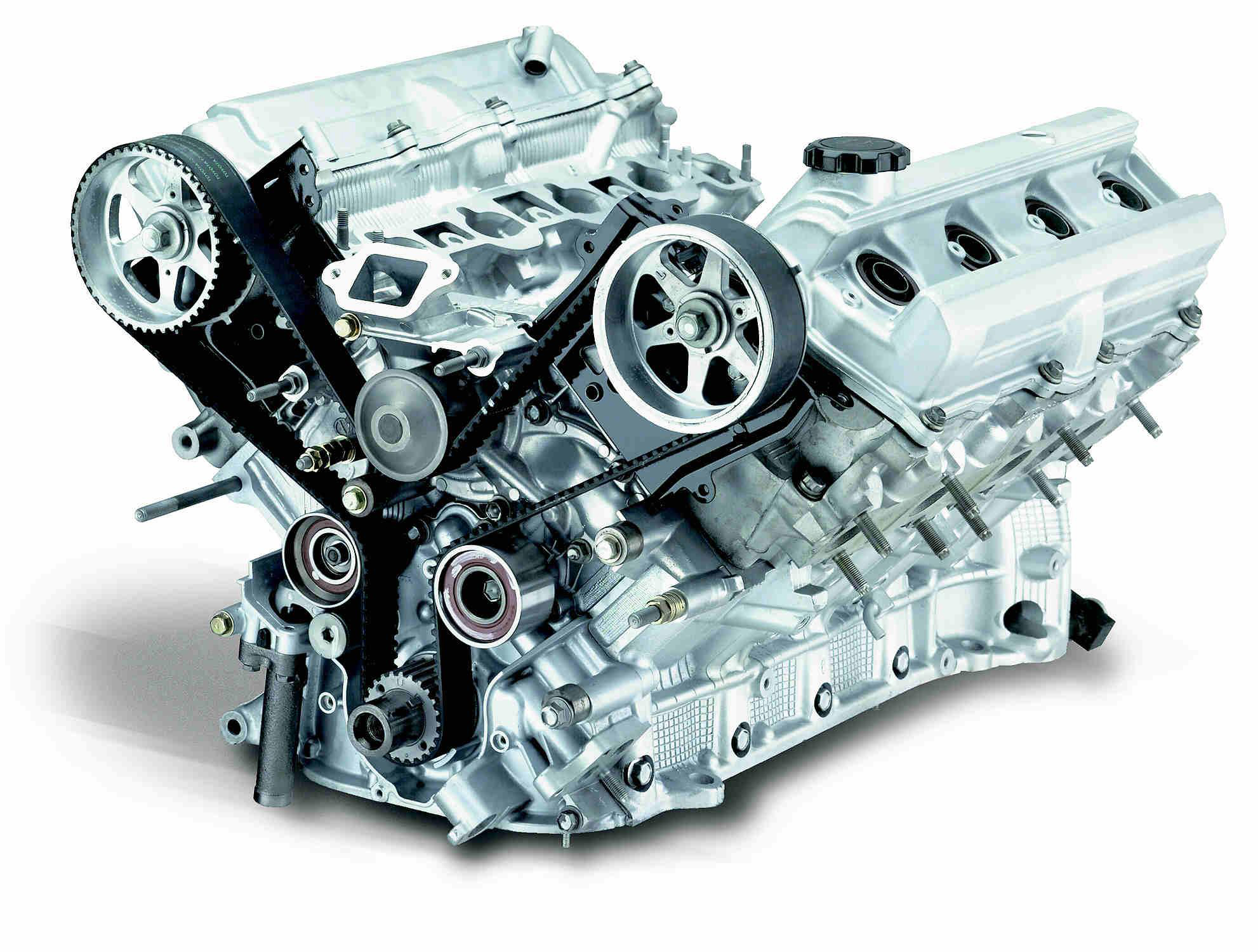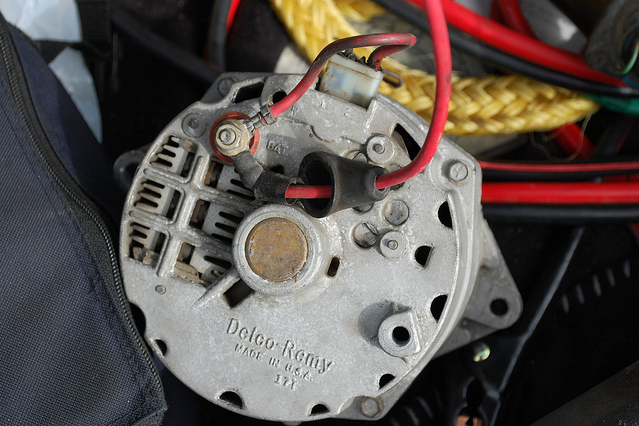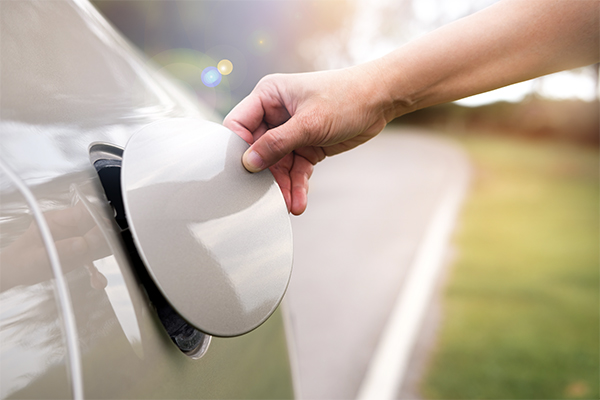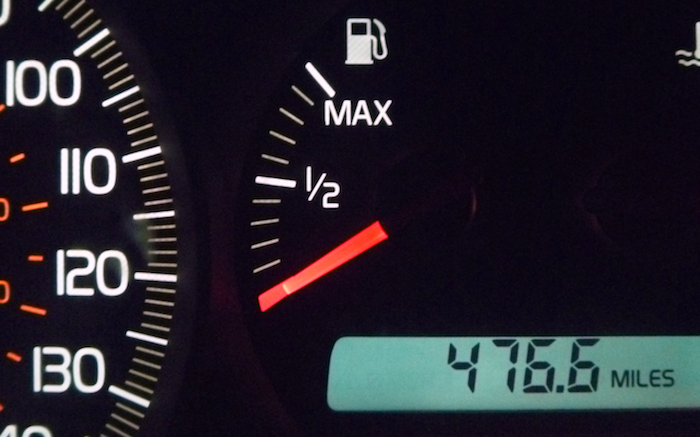 Even those with lots of experience in car repairs can be fooled by the meaning of engine sounds. To make matters more confusing, sometimes minor or innocent-sounding sounds may signal a severe problem, while a loud, menacing thud might be fixed with a $20 part.
Even those with lots of experience in car repairs can be fooled by the meaning of engine sounds. To make matters more confusing, sometimes minor or innocent-sounding sounds may signal a severe problem, while a loud, menacing thud might be fixed with a $20 part.
But, here’s something that’s for certain: you shouldn't ignore car engine noise. Doing so could lead to a catastrophic situation where your engine needs to be replaced. Plus, disregarding engine sounds could threaten your safety–and result in a breakdown at the worst possible moment.
While you always have the option of taking your vehicle to a mechanic for a diagnostics test, you can often get a good idea of what’s troubling your engine by listening to it.
General guidelines about engine noise
See if the car engine noise you’re hearing matches any of the following sounds. Then look at some common reasons for that sound, and begin your investigation there.
- Whirring: Could mean a bad water pump, power steering pump or alternator, or low power steering fluid level.
- Knocking: Could be an issue with the distributor cap, timing chain or spark plugs.
- Pinging: Could indicate a problem with the crankshaft, timing gears or transmission mount.
- Hissing: Could mean a problem with the cooling system, exhaust, catalytic converter or vacuum line.
- Popping: Could be an issue with the ignition wires, air filter, distributor cap, ignition module or engine compression.
- Grinding/screeching: Hearing these engine sounds when you turn the ignition could mean a starter issue. But, if these sounds occur when you apply the brakes, it likely indicates worn brake pads or rotors.
Again, don’t turn your back on car engine noise, and hope that it’ll just go away on its own. Chances are it won’t, and you’ll wind up with an even bigger problem.
What did we miss? What strange noises have you diagnosed in your engine? Tell us in the comments.







